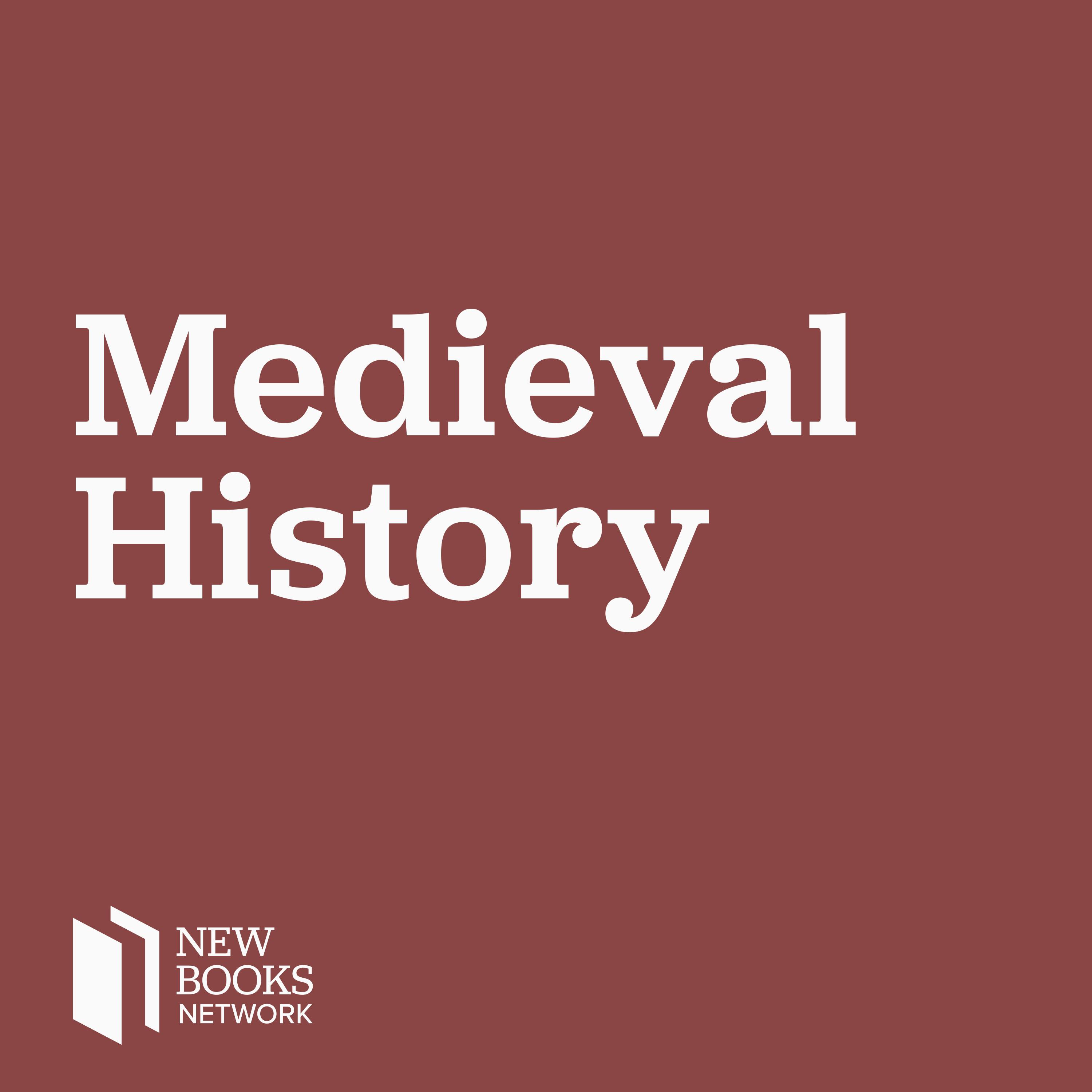David Chaffetz, "Raiders, Rulers, and Traders: The Horse and the Rise of Empires" (Norton, 2024)
Description
After reading David Chaffetz’s newest book, you’d think that the horse–not oil–has been humanity’s most important strategic commodity. As David writes in his book Raiders, Rulers and Traders: The Horse and the Rise of Empires (Norton, 2024), societies in Central Asia grew powerful on the backs of strong herds of horses, giving them a military and an economic advantage against their horse-less neighbors. Persia, India and China all burned cash trying to sustain their own herds of horses–-with little success.
And it all starts from humble beginnings: Horses domesticated for their milk, too small for anyone but children to ride.
David Chaffetz, regular Asian Review of Books contributor, member of the Royal Society for Asian Affairs, and author of A Journey through Afghanistan and Three Asian Divas, has traveled extensively in Asia for more than forty years.
You can find more reviews, excerpts, interviews, and essays at The Asian Review of Books, including its review of Raiders, Rulers and Traders. Follow on Twitter at @BookReviewsAsia.
Nicholas Gordon is an editor for a global magazine, and a reviewer for the Asian Review of Books. He can be found on Twitter at @nickrigordon.
Learn more about your ad choices. Visit megaphone.fm/adchoices
More Episodes
During the early medieval Islamicate period (800–1400 CE), discourses concerned with music and musicians were wide-ranging and contentious, and expressed in works on music theory and philosophy as well as literature and poetry. But in spite of attempts by influential scholars and political...
Published 11/12/24
Filippo Gianferrari, "Dante's Education: Latin Schoolbooks and Vernacular Poetics" (Oxford UP, 2024)
In fourteenth-century Italy, literacy became accessible to a significantly larger portion of the lay population (allegedly between 60 and 80 percent in Florence) and provided a crucial means for the vernacularization and secularization of learning, and for the democratization of...
Published 11/06/24
Published 11/06/24


